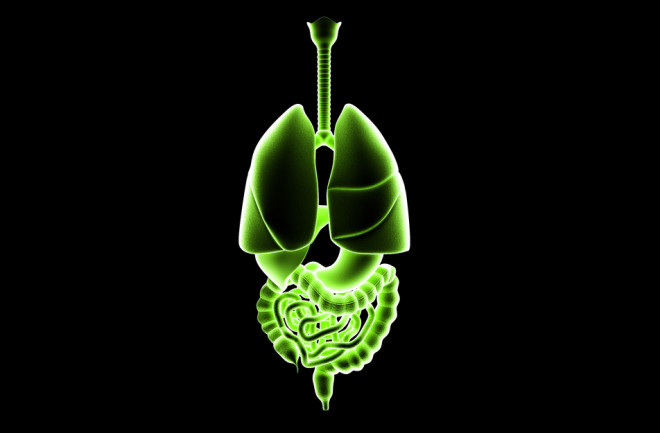What do the trillions of friendly bacteria, fungi and other microorganisms that live in your gut have to do with your chances of developing severe COVID-19 symptoms? As it turns out, more than you might think. We tend to compartmentalize the different organs of our body, but science is revealing the unique ways our various bodily systems communicate and affect our health.
The human gastrointestinal (GI) tract is home to a diverse ecosystem of microbes, known collectively as the microbiota. Among its many roles, the gut microbiota regulates the immune system and protects against harmful pathogens. In fact, the largest part of the immune system, the gut-associated lymphoid tissue, is found in the gut. This network of immune cells and tissues interacts closely with the gut microbiota, influencing inflammation throughout the body.

